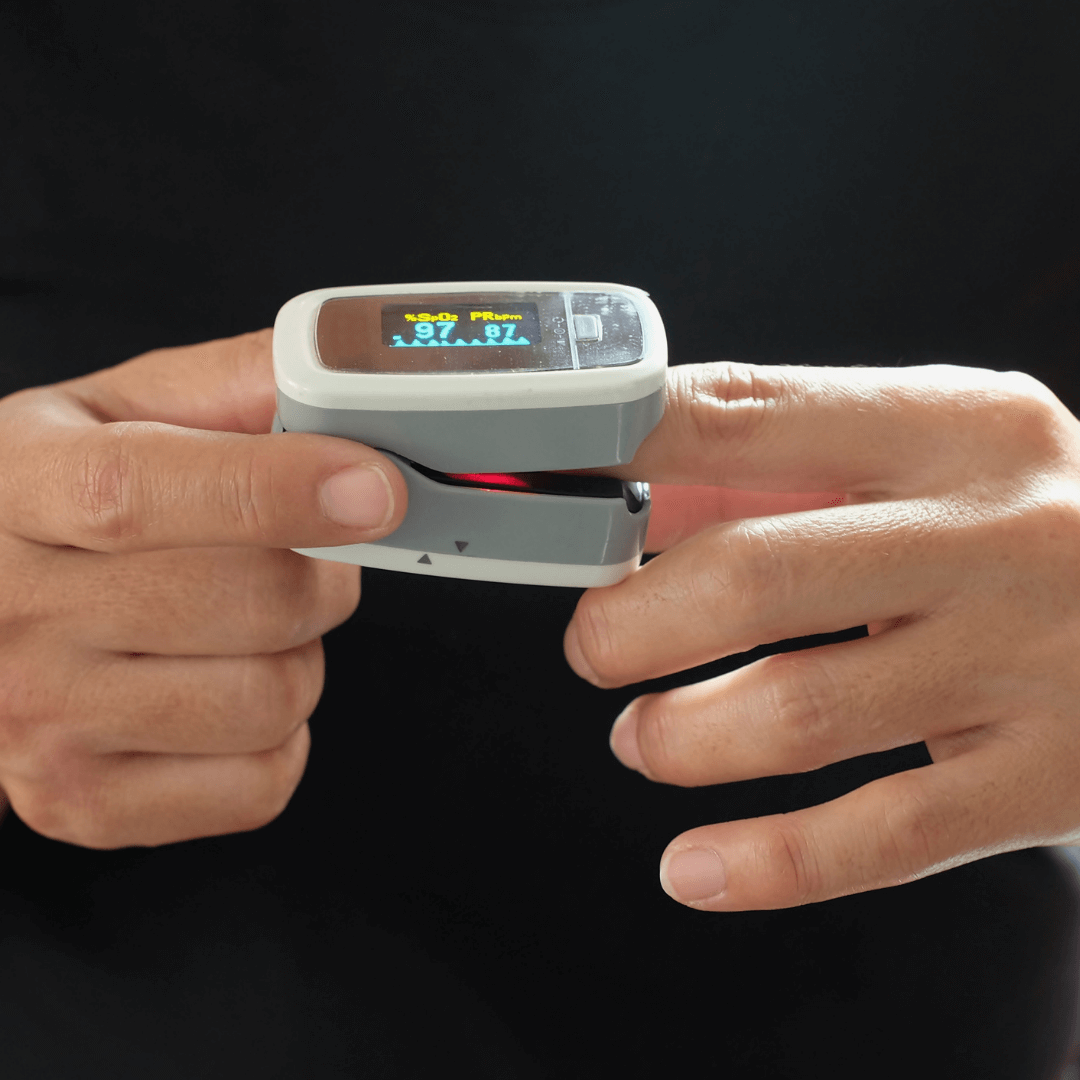Oxygen Levels In The Human Body
Our body takes the oxygen available in the atmosphere and uses it to keep us alive.
The human body has a respiratory system. This system handles taking oxygen from the air. In this process, it releases carbon dioxide as a waste product. Blood vessels carry this oxygen to all parts of the body.
Why Having Higher Oxygen Levels In The Body Is Important?
Oxygen levels are vital to the body to be able to perform normally. A decrease in oxygen levels in the body can lead to numerous health problems, including death.
Also read: Cinnamon benefits for the heart and weight loss
How to Increase Oxygen Levels in the Body
There are five ways to improve the oxygen level in our body:
Breathing exercises
Some breathing exercises can make the lungs stronger. It is essential to encourage breathing through the diaphragm and nose and not the mouth. The amount of oxygen absorbed is increased by practising this method of breathing.
Exercise
Being active increases the blood flow throughout the body and increases immunity. There is an increase in the body's oxygen level, including increased supply in tissues and organs. This is followed by improved blood circulation.
Simple exercises like walking can have significant benefits if continued over a period of time. Thirty minutes of walking every day can improve the oxygen levels in our bodies.
Improve your diet
Increase the intake of essential fatty acids and iron that help increase oxygen in the blood. Some of the commonly found iron-rich food sources are dark leafy vegetables and dried fruits.
Cleanse the air
Use air purifiers to reduce the pollution around your surroundings. Oxygen levels in the body will improve by decreasing heavy particles in the air you breathe.
Hydrate well
The body can regulate the temperature better if you drink water. It is vital to have up to 2.5 litres of water.
How to Measure Oxygen Levels in Your Body
Oxygen can be measured either through a blood test or through a device called the pulse oximeter.
The blood test is done on an ABG machine, a blood gas analyser. It measures in units of mm of mercury expressed as mmHg.
The pulse oximeter uses photometry and infrared light to measure the perfusion of the blood through the skin. This small device can be attached to any finger, although the middle finger is preferred. The reading is called a SpO2 measure.
Good oxygen levels in the human body are:
- When measured by a pulse oximeter: 95% to 100%
- When measured through the blood on a blood gas analyser machine (ABG machine): 75 to 100 mmHg
What are the Symptoms of Low Oxygen Levels?
A low oxygen level in the blood is known as hypoxia. The human body is hypoxic if the ABG machine report reading is less than 75 mmHg. Another method to confirm hypoxia is if the pulse oximeter shows a reading below 90%. Immediately take steps to increase the SpO2 level of the body.
If oxygen levels in our body are not adequate, then there may be mild to severe symptoms.
Mild symptoms
- Headaches
- Shortness of breath
- Difficulty in breathing (Dyspnea)
- Dizziness
- Disorientation
Severe symptoms
- Loss of consciousness due to inadequate oxygen supply to the brain
- Change in colour of the skin due to inadequate oxygen levels in the body
- Tissue damage or organ damage
- Death due to lack of oxygen
Foods That Help You Maintain Oxygen Level
Two major food groups can help increase the oxygen levels in the human body.
- Antioxidants
- Essential Fatty acids, such as Vitamin F
Antioxidants can increase the O2 levels in our body by increasing intake. These foods act against the oxidation process, which uses up oxygen, thus increasing the oxygen level in the body.
Some examples of antioxidants are:
- Berries: Cranberry, blueberries, strawberries, blackberries, and plums
- Red kidney beans
- Artichoke hearts
Essential Fatty Acids like Vitamin F increase the oxygen levels in the human body. Essential fatty acids increase the oxygen-carrying capacity of the haemoglobin in the blood. Haemoglobin is the red pigment in our blood cells that carries oxygen to the tissues. Some good dietary examples for Vitamin F are:
- Soybeans
- Walnuts
- Flaxseeds
How To Improve Oxygen Levels In The Body?
Simple steps in the right direction can help you maintain oxygen levels in your body, crucial to overall health. Eating foods rich in antioxidant content, essential fatty acids, performing breathing exercises, and maintaining a healthy diet is vital.
Also read: Ayurvedic immunity boosters
FAQs
Can stress cause low oxygen levels?
Breathing faster than usual can affect oxygen levels in the body. When under stress, people tend to breathe heavily or more quickly. If someone has a panic attack, the person may start breathing rapidly; as a result, the oxygen levels may also drop.
Can a stuffy nose cause low oxygen levels?
In the case of a stuffy nose, the body tends to breathe through the mouth. Studies have found that the amount of oxygen available in the air intake through the mouth is up to 20% less than breathing through the nose.
References
Allen Ruth (2021) The health benefits of nose breathing (Nursing In General Practice) https://www.lenus.ie/bitstream/handle/10147/559021/JAN15Art7.pdf;jsessionid=8C2A19107B3AED580A301718474F181B?sequence=1
CHRISTINE RECINTO, THEODORE EFTHEMEOU (2017) Effects of Nasal or Oral Breathing on Anaerobic Power Output and Metabolic Responses (International Journal of Exercise Science) https://www.ncbi.nlm.nih.gov/pmc/articles/PMC5466403/














